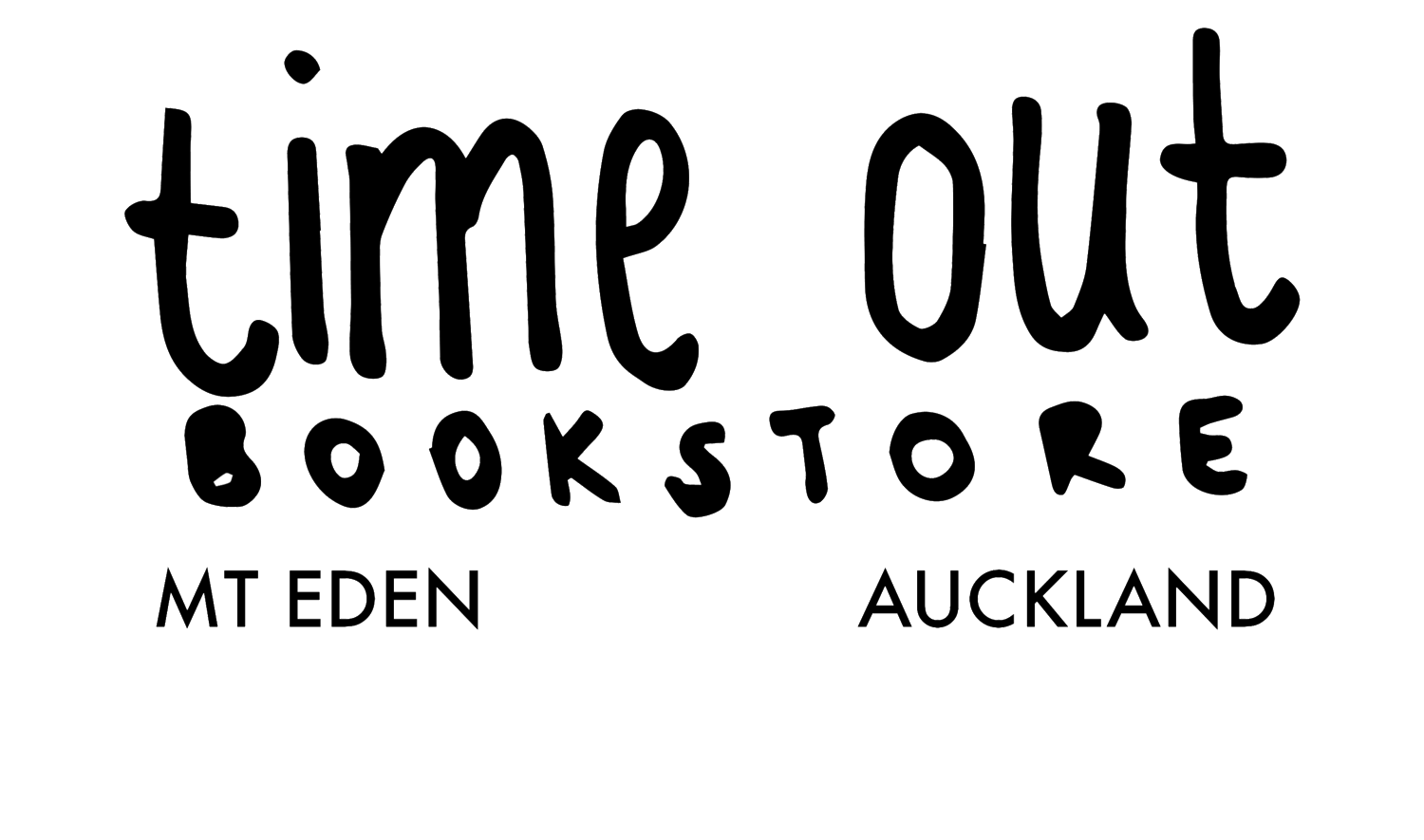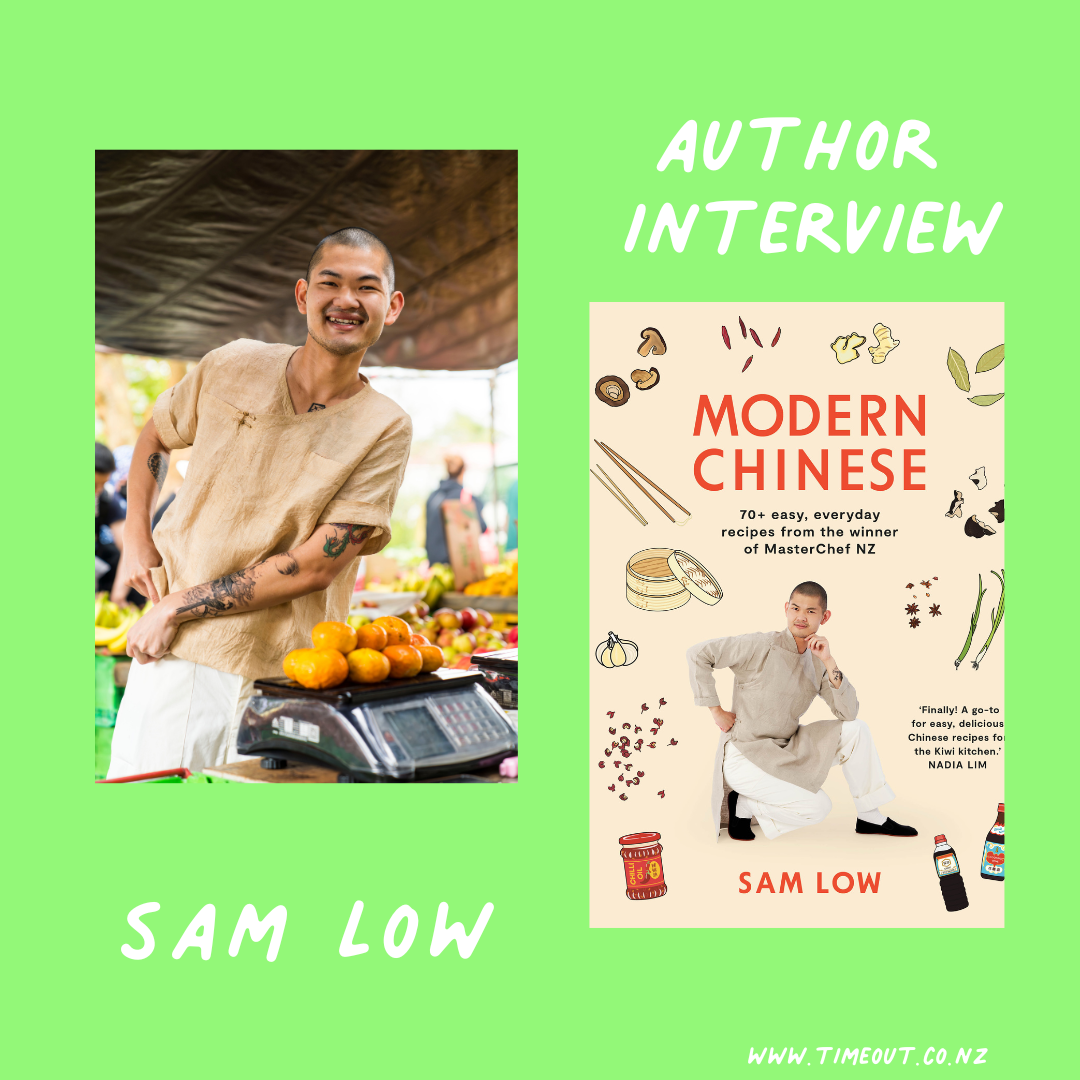Hollie spoke to MasterChef winner Sam Low about his amazing new cookbook, Modern Chinese.
What does a typical day look like for you?
The great thing about being a freelancer and a food creative means I have the opportunity to dabble in so many different areas within food media. If i'm not doing my brand ambassador work (which includes recipe development, video shoots or workshops) I am either creating content for social media or working on a creative food project, an example of this was earlier this year I was a part of a team helping to develop a food theater show and hosting Sik Fan Lah a food adventure series on TVNZ. I’m currently brewing a new project so watch this space!
What was the process of getting your cookbook published?
Long, cathartic and thought provoking would be some of the words to describe the process. I looked into so many different aspects of food media exploring things like food masculinity, orientalism in food photography, queer food history, Chinese gastronomy, assimilated Chinese food (survival Chinese food), my relationship to food and family, these were just some of the topics I looked into. I thankfully had the best publishing team that helped me throughout, and because it is the first of its kind in NZ and the only Chinese cookbook to come out in the last decade we were all piecing it together and learning from the process. It starts with writing recipes that utilize a really accessible and approachable pantry which is a section in the book I spent a lot of time on. The recipes needed to be cohesive to a Chinese banquet meaning that there are options for protein or vegetable focused dishes including rice, noodles, broths and cold appetizers. Once the recipes were done, its recipe testing and food photography. From here, essays, stories, illustrations and personal touches. Once everything is designed then we think about the title and final checks before it goes off to print.
Why did you decide to do Modern Chinese as a cookbook?
I felt as though in NZ there aren’t many books focused around diasporic foods or speak to the history of food from ethnic minorities that help make up the beautifully diverse culinary scene here in Aotearoa. Modern Chinese is a documentation of something that is important to the food scene here and speaks to the contemporary audience of today, hoping to debunk any xenophobia people might have on Chinese cuisine. I wanted to create a cookbook that is easy, accessible, approachable and targeting a large audience potentially first time cookbook owners. Modern Chinese is about community and a simple introductory guide into Chinese food and culture, hoping to inspire young cooks, food creatives and other diasporic communities to embrace and celebrate their own cuisine and share their love of food.
Do you have a favourite recipe in the book?
Instead of my favourite recipe, my favourite part of the book is the building of the pantry. I have arranged this section into 3 tiers, tier one being super easy to access even from a western supermarket and with that alone you can create most of the dishes in the book. I wanted the book to be utilised throughout with a simple Chinese pantry so specialty ingredients that are not only used once and sit at the back of the pantry. Outside of ‘the building of the Chinese pantry’ my favourite recipes are the sauces in the book, they help make bland foods super tasty! Like the sweet fragrant soy sauce (make a batch and store in squeezy bottles) and the aromatic chilli oil (also make batches and store in jars). Use these on a simple protein like grilled chicken on rice, add it in a stir fry or dressing your dumplings, these homemade condiments are game changers.
What is one ingredient that you always have on hand?
Besides the homemade condiments, I might say ground white pepper. It's floral, warmingly spicy and can be used in every savoury dish. If this is new to you, start adding a little shake (or pinch) in your savoury foods to add a new level of flavour.
What food writers inspire you?
Fuchsia Dunlop is a big one for me, a Chinese food gastronomist, a wealth of knowledge matched with an infectious love and appreciation for the people, culture and food of China. Soliel Ho, they were the head food critic at San Francisco’s The Chronicle now critic at large. I fell in love with Soleil’s work when they did the podcast Racist Sandwich and Extra Spicy, having different narratives and conversations in food media about class, race and gender. Brandon Jew, owner of Mister Jiu’s in San Francisco's Chinatown, a Michelin star modern Chinese restaurant. Brandon really pushed the boundaries of what it means to be Chinese American where you don’t need to be more or less Chinese to feel enough as a Chinese person in diaspora. Harold McGee, an American author who writes about science and food but his latest work on smell has really changed the way I think about our human senses. His book ‘Nose Dive’ a field guide to the world of smells is so incredible it goes beyond food but more so on how we navigate life.
What author or book is a recent discovery for you?
Emily Contois is an incredible author whom I discovered last year. She’s an associate Professor of Media Studies at The University of Tulsa, author of Diners, Dudes & Diets: How Gender & Power Collide in Food Media & Culture, and co-editor of Food Instagram: Identity, Influence & Negotiation. Her work revolves around food media and how it has come to be in today’s climate. I am especially interested in her exploration of the ways we consume food media and how this reflects on our day to day food behaviors in society.
What was your favourite snack to eat while putting together Modern Chinese?
Soft egg (slightly scrambled and folded) sandwiches with Japanese mayonnaise. The soft white loaf bread and delicate sweet egg is so comforting and has been a favourite of mine growing up since a little kid.

